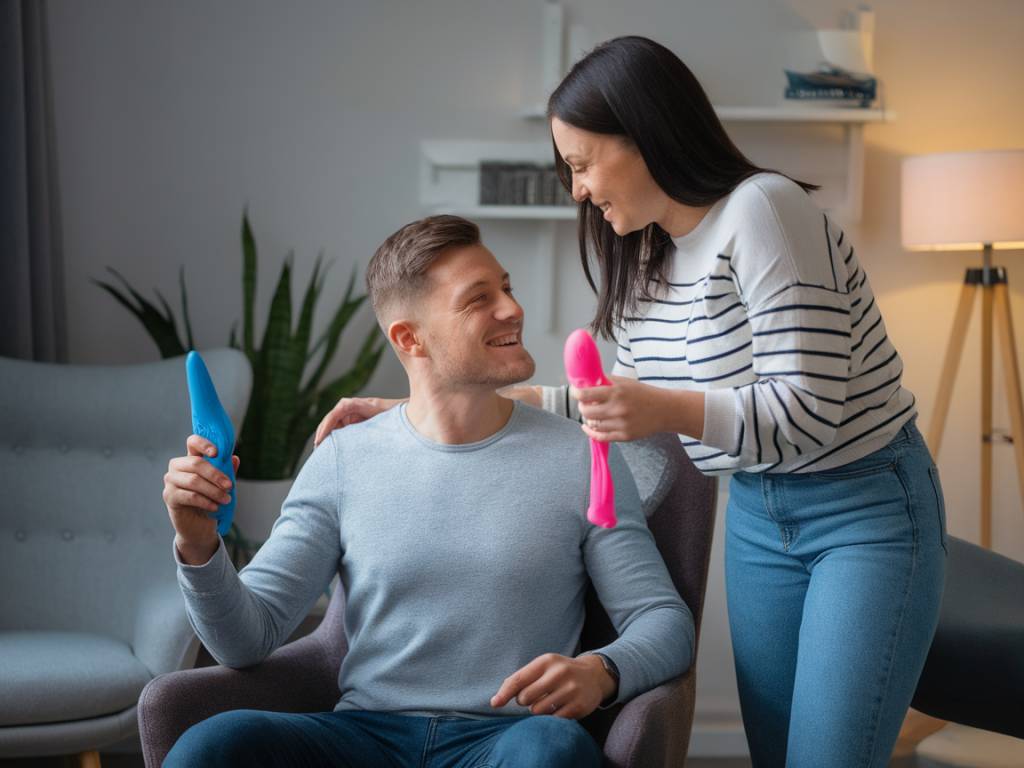Kinky play can be an exhilarating experience that takes partners on a journey beyond the confines of everyday life. Whether it involves BDSM, roleplay, or any other exploratory practices, engaging in these activities requires trust, communication, and a clear understanding of boundaries. Aftercare is an essential component of this dynamic, serving as a safe harbor to which partners return once the play has ended. It’s a critical step in ensuring that both participants feel secure, valued, and cherished after an intense session. This practice is often misunderstood or overlooked, so let’s delve into why aftercare should be at the forefront of any kinky play.
What is Aftercare?
Aftercare refers to the time and activities taken post-play to care for each other’s physical and emotional needs. While the specifics can vary widely from couple to couple, the underlying concept remains consistent: ensuring partners are mentally and physically stable after engaging in activities that might be intense or emotionally draining. Aftercare allows partners to come down from the high of adrenaline and endorphins produced during play and to reconnect with one another in a soothing, tender manner.
The Psychological Impact of Kinky Play
Kinky play often involves power dynamics, vulnerability, and intense sensory experiences that can evoke a range of emotions. During a scene, participants might feel powerful, submissive, or pushed to their limits, which can be exhilarating. However, once the scene ends, they can experience what is often referred to as a « drop »—a sudden change in emotional or physical state due to the abrupt absence of those heightened sensations. This can manifest as anxiety, depression, discomfort, or a sense of disorientation.
Aftercare aims to mitigate these negative feelings and provide a soft landing post-play. By engaging in aftercare, partners can stabilize their emotions, affirm their worth, and reaffirm their connection to each other. It acts as a gentle reminder that the activities were practiced consensually and that each person is cherished beyond their role in the scene.
Components of Effective Aftercare
Effective aftercare isn’t one-size-fits-all; it should be tailored to suit the individual needs of the people involved. However, some common components can be instrumental in crafting personalized aftercare.
- Physical Comfort: This could mean offering water, a blanket, or simply a gentle touch. Physical comfort is crucial in transitioning from heightened states to a more relaxed state.
- Words of Affirmation: Communicating openly about what each partner appreciated during the scene can be incredibly affirming. Compliments, reassurances, and positive affirmations help fortify the bond between partners.
- Reflection and Feedback: Discussing the scene can offer valuable insights into what worked, what didn’t, and areas for future exploration or boundaries. It’s vital to talk openly and without judgment.
- Lighthearted Activities: Engaging in something casual and familiar, like watching a movie or cuddling, can serve as a soothing transition back to everyday interactions.
Overcoming Misconceptions about Aftercare
Despite its crucial role in kinky play, aftercare is sometimes disregarded due to misunderstandings or embarrassment. Some might view it as unnecessary or see a need to « toughen up » in the aftermath of a scene, assuming that needing aftercare is a sign of weakness or a lack of experience. This is a misconception. Aftercare is about emotional intelligence and mutual respect, not about one’s ability to withstand the emotional tide of a scene alone.
Effective aftercare can transform the nature of an encounter, reinforcing essential trust and adding depth to the intimacy shared. It’s a pathway for both partners to feel validated, grounded, and connected outside of their roles within the scene.
How to Approach Aftercare in Your Relationships
Starting a conversation about aftercare can sometimes feel daunting, especially if you and your partner are new to kinky play, but it’s a vital discussion that ensures mutual well-being. Here are some steps to consider:
- Communicate Beforehand: Discuss aftercare needs and preferences before the scene begins. This preemptive conversation sets the tone for open communication and mutual respect.
- Be Open to Adjustments: Needs can vary from scene to scene, so being adaptable and receptive to your partner’s needs is crucial.
- Use Safe Words and Signals: Incorporating safe words or non-verbal signals can help in swiftly identifying when more immediate or specific aftercare actions are needed.
- Educate Yourselves: Engage with books, articles, or communities that explore aftercare to enrich your understanding and approach.
The Role of Aftercare in Strengthening Relationships
In many ways, aftercare is not just a post-play activity; it’s a testament to the emotional depth and maturity within a relationship. When both partners prioritize each other’s well-being, it strengthens the relationship’s foundation and creates an environment where both individuals feel valued and secure.
Aftercare practices reinforce the fundamental aspects of any healthy relationship—trust, communication, and empathy. It serves as a reminder that kinky play is a shared experience, dependent on mutual consent and enjoyment. Through aftercare, couples can foster a deeper understanding, nurturing their bond beyond the confines of their roles in the scene.
In conclusion, the embrace of aftercare practices in kinky play should be regarded as a fundamental aspect of the experience, not an afterthought. It’s the emotional and physical reprieve that allows us to honor ourselves and our partners, acknowledging the nuances of our journeys and embracing the shared intimacy of such explorations.



